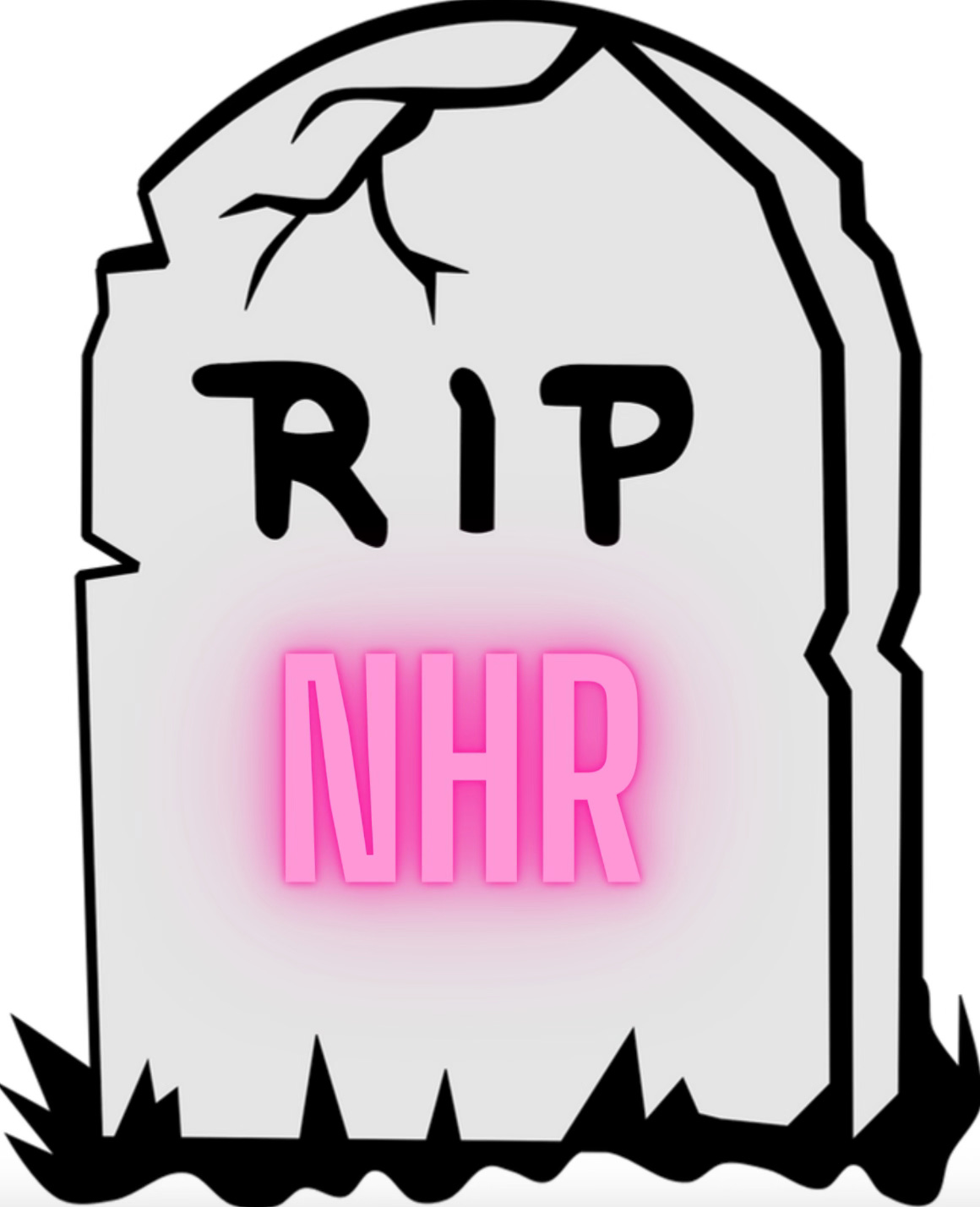I was texting back and forth with an American friend recently who is planning a move to Portugal. He commented that a mutual friend had recommended a relocation attorney to assist him in his D7/NHR; the fee was several thousand euros. Yikeys! That seemed high!
Relocate to Portugal
We moved in 2020 with the assistance of Relocate to Portugal, a small firm in Porto. I checked their website to see what they were charging these days. It appeared that their standard package would address what he needed and would cost 1275€ for him and his wife. I suggested he give them a call. A few days later I got another text from him:
I spoke with Gail from RTP…she is a wealth of knowledge and offered several good recommendations plus options for us. Thanks! — Tom
This was not the first time I had recommended someone contact Gail Aguiar’s company. Without exception, everyone was very pleased with the service they received. So I thought I would interview Gail and see what had changed since 2020.
Services
If you have been with us since the beginning you know we moved in December 2020. The San Francisco consulate was closed and RTP was the only relocation firm that could offer us a workaround.1 They held our hands (via texts, WhatsApp calls, and emails) through the entire process. So my first question was what, if anything, has changed:
Today, we have a much wider range of services than we did in late 2020, as our core team expanded from two to six. The expansion was most notably in the area of housing (rentals, purchases, utilities, furnishing, etc.), shipping (household goods, animals other than cats and dogs), and vehicles (purchasing, importing, matriculation, and homologation). This is in addition to the main post-residency services related to public offices (AT/Alfândega, Segurança Social, SNS, IRN, IMT, câmaras, freguesias, etc.) and the private sector (banks, insurance companies, private hospitals, et al).
The scope of project management has been complex at times: settling large, multigenerational families with five or more nationalities between them, and assisting people from countries locked in regional conflicts. Even a relatively simple process like getting a marriage certificate or a criminal record check is not easy for a Venezuelan or Haitian living in a third or fourth country. This is just the tip of the iceberg of what we deal with. — Gail
Who’s Moving to Portugal
I wanted to know if the number of people migrating to Portugal had decreased due to changes to the Golden Visa, the elimination of NHR, and the number of European countries now offering attractive Digital Nomad visas.
There was definitely a migration increase during the pandemic. But I think our firm has been less affected in recent months since nearly all of our clients come to us via client referrals/word-of-mouth.
You would expect to see fewer retirees due to the changes in the NHR program, and more digital nomads because of technology and increasing mobility. But we see other factors that affect the push (from the homeland) and compete with the pull (to Portugal).
For digital nomads, we can't ignore the rise of AI, the layoffs in large tech companies, the increase of digital nomad visas in other European countries, and the changes of policy in fully remote work that have impacted the inflows of digital nomads to Portugal. I see digital nomads exercise more caution about making the leap these days, either because of less job security (startups, especially) or the HR department of their employer tightening the reins.
For retirees, the changes in NHR have certainly made up many of the minds of those sitting on the fence, but we find it's more personal reasons that eventually drive the decision to stay vs go (eg., friends, grandchildren, health issues, language). There's always been a segment of retirees who don't have these issues or don't view them as barriers to moving, and maybe more of this crowd find their way to us.
The funny thing about word-of-mouth is that so many of our clients are moving to join their relatives and friends, which means they aren't leaving their support networks all behind (a scenario often mentioned keeping people from moving) — they're doing the opposite. — Gail
The End of NHR
From my email traffic, I knew many Americans were concerned about the sunsetting of NHR. So I probed further.
Yes, we have seen a shift since the government's 2024 budget announcement: the number of people who told me in consultation calls that their main purpose for moving to Portugal was for NHR has dwindled to zero. No one on my team is sad about this.
Maybe it's too early to gauge the effect of NHR 2009-2023 going away. But the biggest changes we see aren't directly related to NHR, per se. Instead, there have been political, social, and economic changes in Portugal which have contributed to the underlying pressure for NHR to be axed in the first place. NHR didn't exist in a vacuum.
For every person who decided they would not move because NHR went away and all they had was passive income, there were at least two more planning to move to Portugal with active income who'd never heard of NHR.
The current TISRI (Tax Incentive Scheme for Scientific Research and Innovation) program for 2024 is focused on active income rather than passive income. You could clearly see the government's focus switching to earned income some time ago, with the introduction of the digital nomad visas in Q4 2022 and the requirement of 4x the D7 income (which is indexed to the minimum wage).
However, you could predict these changes coming even before those visas were introduced: Portugal's Social Security coffers were drained by the pandemic; it is just one of many countries hit the same way. Passive income does not contribute to Social Security, but earned income does. It was just a matter of time before the government raised the income bar to bump up the Social Security contributions and prioritize earned income over passive income.
Moreover, before the pandemic, the government changed NHR policies many times. So while the 2024 budget was a radical change for NHR, there have been tweaks for many of the tax years since it was introduced in 2009. — Gail
Are We Special?
Finally, I asked Gail about the services Denise and I have received from her company after the move. Her team helped us change our address on the Finanças website, apply for NHR without paying a third party, and to track down our residency cards. I wondered if this level of after-move service was typical…or, were we just special?
You can thank Onix for that — apparently, I'm subconsciously biased towards dog people! (Actually, I did a mental check if anyone on our team has cats and none do, only dogs. So maybe I'm on to something.)
After 7 years, we have quite a long history with many clients. I'm still in regular contact with my first clients who moved in 2016 and are currently waiting for their citizenship applications to be processed.
We see not just the paperwork cycles of immigration but the life cycles of the immigrant, too. Since we are often clients' first point of contact in Portugal, we become the de facto Portuguese Help Desk; we are in their phones and email address books. It comes with the territory that we get panic calls at odd hours or emails with heavy subject lines. But it's very rewarding when we can help people; it's at the heart of what we do. - Gail
So We Are Not Special…But Onix Is
While I am disappointed that our charm and my quick wit had not been the reason we received such exceptional service, I can still recommend Relocate to Portugal. (As always, we do not seek nor receive compensation from any of the firms we mention in Expat in Portugal. ) So if you are planning to move and need some help contact them.
Fica bem, tchau, beijinhos
Nanc
Use a friend’s address in Florida and work through the DC consulate. Easy-peasy.










Well done Nancy! As you know, I have done my due diligence in regards to the D7, D8, and NHR. In fact, I had a paid one hour call with Gail. In the end, even though we qualify for the NHR this year, at this time we have decided to slow travel at least through the end of 2025 because of the taxes (90 days in our home in VRSA, and 90 days somewhere else in the world, and so on). And believe or not, this was Gail's advice based on our circumstances. Who sends people down a different path and gives up the potential income - HONEST PEOPLE like Gail do. So, when we decide to immigrate to Portugal full time, then we will use Relocate to Portugal and their services.
Very interesting article Nancy, thanks. We did the whole D7 (retirement in Portugal) process ourselves. Our residence is up for the next (3 years) in September. I am praying that it will go without any hiccups. We had some guidance from our South Africans Facebook Group and our well informed Admin.